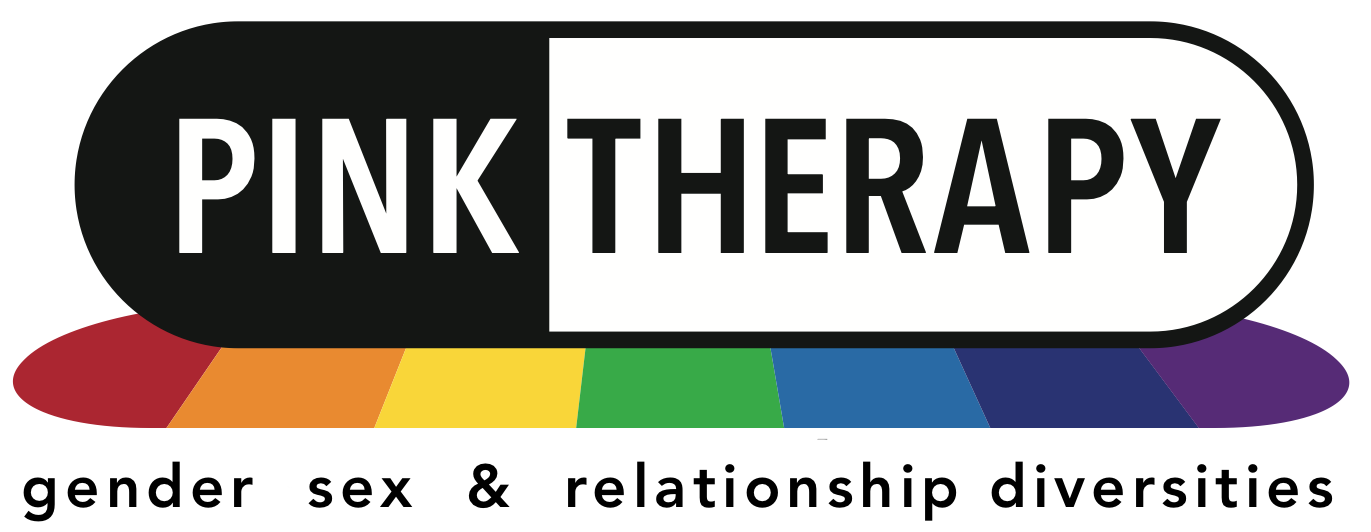I was invited to speak for five minutes at a community outreach initiative on Chemsex at the Manbar tonight.
Some thoughts
I’m a psychotherapist and a sex therapist – who has worked with our communities for over 30 years. I’m Director of Pink Therapy which is the UK’s largest independent organisation to work with our the LGBTQ and Alternative Sexualities communities.
Currently, around half my practice is working with guys who are using or have been involved in Chemsex. It wasn’t like that even two years ago. Whilst there have always been clients who use drugs recreationally in a sexual context, the current situation of Chemsex (specifi cally Meth, Meph and G) is producing some unique challenges and situations.
cally Meth, Meph and G) is producing some unique challenges and situations.
I’m learning all the time, from my clients, my friends, my sexual partners and my colleagues about what’s going on here and I’ve been wondering why this has become such a big issue so quickly.
Everyone’s story is of course unique which is why I love my work and have never got bored, and I won’t be breaching any professional confidences here tonight. There are clearly lots of reasons why this is going on.
I have been reading the new Sigma research report which came out on Friday with keen interest and I am seeing what they found in my own practice.
A number of people who have got into trouble with Chemsex have had psychosexual performance difficulties: for example, problems with rapid ejaculation disappear on Chems and men can have sex for hours. This in fact can lead to the opposite problem, not being able to cum and so having to find more guys to have sex with in the hope that they will eventually reach a happy ending.
Concerns about bodies, dick size, what they see as their shameful kinky sexual desires all fade into the background when people get high.
Others report trauma over HIV disclosure and rejection from negative guys who don’t realise what ‘undetectable’ now means.
Most guys do it because sex on Chems feels great,. But then find they can’t remember how to have sex sober, or tell me they’ve never had enjoyable sex sober.
More depressingly they don’t believe anyone would want to have sex with them sober, so prevalent is the availability of Chemsex in some parts of London, and sometimes of the day/night that it’s hard to use sexual networking apps and find guys who aren’t high.
Some men hope to meet someone they really connect with, find a boyfriend and leave the party scene. The drugs give them a sense of intimacy and connection but they find that closeness and connection hard to sustain when they come down.
I’m concerned that by inconsistently taking their anti-retroviral medication many positive guys might well think they’re undetectable because they were when they last had their bloods checked 6 months ago, but the virus has been replicating and unwittingly they might be passing the virus on to a new generation – where smart people understand that a a stable and undetectable viral load means they’re pretty safe to fuck without condoms, but still we see the figures of new cases of HIV climbing through the roof. On average 20 new cases of HIV diagnosed a week in London, and where are the support groups for this many guys, THT?
But the thing that concerns me most though, is how the Benefits Agency are closing in on Long Term Survivors.
Many HIV +ve guys have been on fairly substantial disability benefits for decades awarded at the beginning of the AIDS epidemic when everyone expected them to die.
In the 90’s getting high levels of disability benefits was relatively easy. Unlimited tube and bus travel, perhaps a new Motability car every few years, and Carers allowances meant they could afford not to worry about returning to work when their health stabilised. These benefits will not only be lost once they get reviewed and reassessed as fit for work. They may face fraud investigations for not advising of a change in circumstances.
These men probably, in their 40s-50’s have been out of the workforce for such a long time and may have little chance of finding work especially as we’re in the middle of a recession.
How easy it would be to just take a larger dose of G and end it all – maybe alone, maybe at a party in an ‘accidental’ overdose. This is a frightening prospect.
David Hoyle refers to gay men as being The Greatest Suicide Cult in History. Perhaps THIS is what we’re seeing in the increasing use of Chems and sex? A bunch of gay guys about to lose their benefits and with little prospect of work. Why wouldn’t they be dancing on the Titanic?
What is our multimillion pound HIV charity doing to prepare and support these long term survivors and offer help and hope?
Dominic Davies
Director
